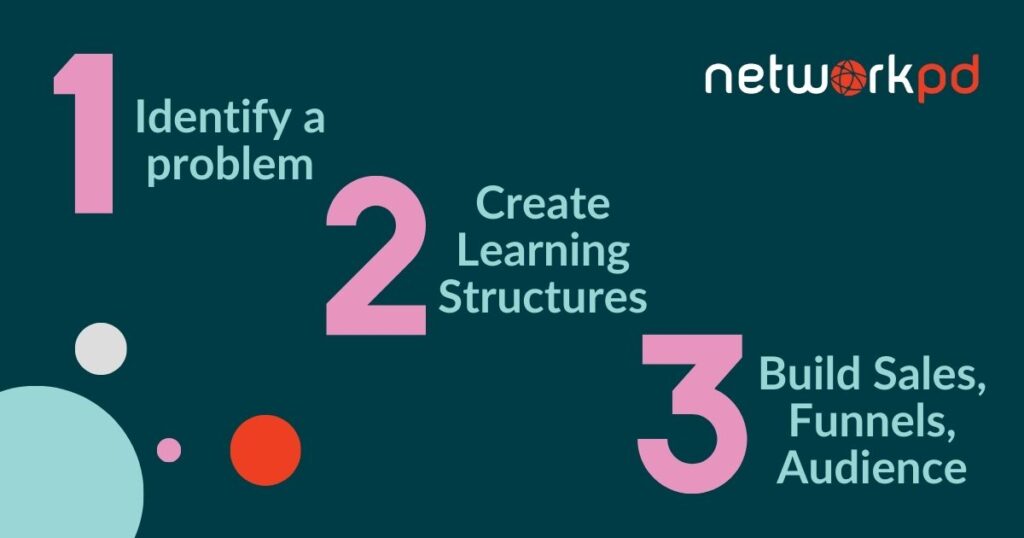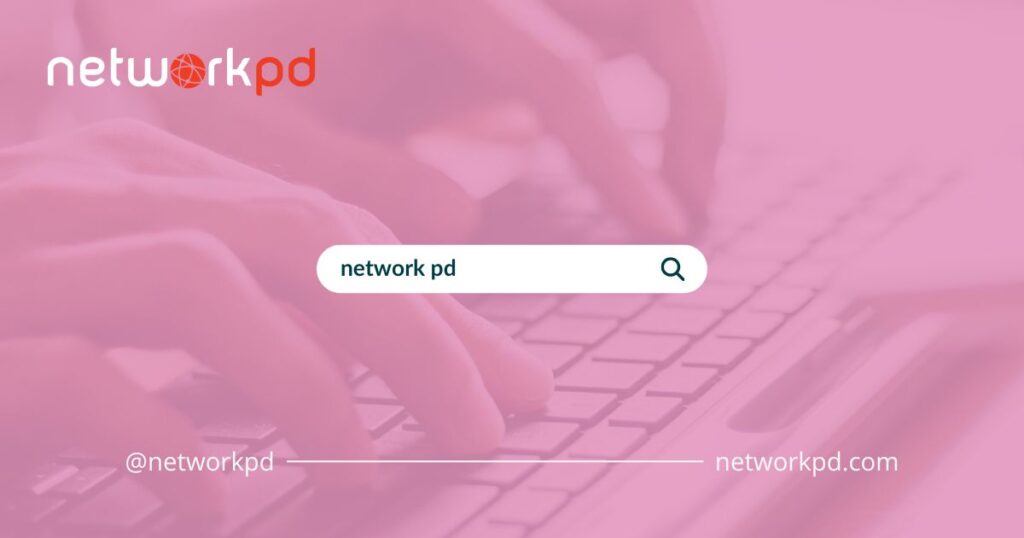
Make Money while Studying Using Your Existing Skills
If you’re a student, finding paid employment which compliments your study commitments can be difficult. Not only does your study schedule change each semester, your work availability changes as you navigate peak study periods and exam schedules. Quite often, students will opt for casual employment to make money while studying, typically in hospitality, retail, or customer service. There are, however, other options which better align to your education and subject expertise, and are likely far more valuable to your career.
Below, we discuss four instructor based freelance ideas that work perfectly for students. Each idea also provides the following benefits:
- Work when it suits your study schedule
- Align academic experience with work efforts
- Ready-made customers and promotional opportunities
- Little to no startup costs
- Work for yourself
- Learn how to run and manage a freelancing business
- Provide assistance to others and solve their challenges
Tutoring
It won’t be a surprise that tutoring tops the list. It’s also the option with the lowest barrier to entry. Why? Because, as an existing student, you already have access to physical and virtual notice boards, other students, lecturers and administration workers.
Starting out as a tutor is largely about achieving two things; creating awareness, and being clear on your services.
Start by identifying your strengths. These might be on particular subjects you performed well in, or a particular knowledge area (like algebra, employment laws, or social issues, for example), or even implementing effective study skills. Ultimately, you need to create a one page flyer detailing how you can help, your experience or academic results, your hourly rate, and contact information. The idea is to make it easy for students to understand, and easy for lecturers to pass your information to others.
Build awareness by utilising your existing networks. Educational institutions are usually willing to share your offer with a broader audience. Reach out to prior lecturers you worked with and ask if you can help out. Quite often they will be willing to refer your name to other students in need of support. At the same time, universities or colleges have public notice boards in eateries, libraries and social rooms. Make use of these notice boards and share your flyer.
Create Online Courses

Online learning has taken the world by storm in recent years. Growing largely out of necessity, online learning continues to be embraced by global audiences. So why are online courses a good way to make money while studying? Because of reach. The ability to share your knowledge as a product to be sold time and time again, and to a broad audience.
Creating an online course generally requires up front effort, with revenue increasing over time. That said, students can start earning from courses sooner than most due to an existing and targeted audience. Knowing where to start is normally the biggest hurdle with online courses. Here are our recommendations to hit the ground running:
Identify a problem
- Seek feedback from fellow students and lecturers on the biggest struggles for students. Better yet, if you are a tutor, you might already know the common challenges.
- Identify concepts which can be taught with limited interaction, and are rudimentary. For example, you may wish to create a course called Introduction to Surviving Year 1 of Law. Within the course structure, you may address assessment writing styles, helpful resources, personal lessons and reflections, and typical assessment structures.
Create a Structure
- Planning your structure by focusing on the learning journey of the student. You are likely to know the broad topics which are of interest. Separate these into particular modules or lessons, and the order in which they should flow.
- It’s also a good time to think about additional resources which may support your future customers. Things like PDF summaries, communication guides or assignment tip sheets. Providing a valuable experience should underpin everything you create. Materials beyond a video improves the learning experience, and learner engagement with your course.
Sales, Funnels and Audience
- For courses to be financially successful, they need to either have a high sale price (generally with a smaller audience), or have a low sale price but have reach. If your course has a very limited audience (like a particular course subject, e.g., ‘LAW101’), then you may have trouble getting a meaningful return on investment. A better solution is to use a slightly more broad topic area which applies to many. An example course with reach might look like Math Fundamentals for Every Economics Major; a Complete Guide to Success.
- As they say, ‘Rome wasn’t built in a day’. This becomes your distinct advantage when creating awareness and building pre-sales. You don’t need to create your entire course before you launch. As you already have a structure, start by creating a video where you talk about your course, the problems you address, and the success someone will see after completing the course. Use this video to share on social media, email, and via educational forums. Use the video to create demand by offering a pre-sale offer (discounted pricing).
- As you undertake initial pre-selling activities, establish and then clearly communicate timelines. Firstly, provide a time limit on the pre-sales offer. Secondly, be clear that the first module will be released on a particular date. Establish a standard release date for each module, which ensures customer engagement, and provides you with time to build out each module.
Host Classroom Study Groups
Earlier, we discussed tutoring as a great way to make money while studying. The same is true for tutoring at scale, which means supporting multiple people at the same time in a classroom setting. This is an attractive learning option for students because:
- The cost per attendee is cheaper than tutoring
- Students can learn from other perspectives
- Students can listen to questions they didn’t think of
- Students can attend sessions virtually
As the facilitator, you also can achieve greater reach and financial rewards by offering classroom workshops. For example, you may wish to set your price at $10 for a workshop, with a seat limit of 15. This will generate $150 for your time. The equivalent tutoring session may generate $50 – $70.
Generally, classroom workshops work well as you gain exposure through tutoring efforts. Supporting individuals, over time, helps build your reputation and subject authority. It also enables you to cross-sell workshops, ask for referrals, extend invitations, and gather interest for peak assessment periods which are generally at the end of the semester.
Similar to tutoring, you should be clear on the services you offer and how students can benefit from your study group.
Offer Freelancing Services
Beyond educational support, offering consulting or freelancing services can be a valuable way to make money while studying. Whilst tutoring, classroom education and developing courses are designed to help people learn, consulting is about using your skills to complete work for others. The barriers to entering the consulting industry are also low, even if you don’t have a ready-made network of customers. Marketplace websites like fiverr, upwork or freelancer are great starting places with potential customers already visiting the websites.
Reflect on your own competencies and strengths, and ensure you are able to solve a customer problem, or provide a service which allows the customer to refocus on other work. Learn how to begin freelancing or consulting by reading the seven step process to becoming a freelancer.
How Network PD Can Help You

Getting started is hard. Luckily, there are cost effective options available to help. Network PD is a learning experience platform, where aspiring instructors can build and sell courses, hold classes, and host events all in the one place. Network PD is lightweight, allows for complete flexibility of program design, and has a range of tools. We pride ourselves on supporting various learning interactions, whether they be self-paced, virtual or in-person. The best part; no experience, coding or technical background is required.
Check out Network PD’s Instructor page to see a complete list of instructor features.
We thought the following features may help ease any hesitations in getting started.
Pay as You Go
Unlike most learning platforms, there are no upfront fees, paid memberships or tiers… of any kind. Network PD’s target audiences are individuals, small businesses and entrepreneurs. We don’t believe in holding back features unless you pay us more. We developed a structure where we only benefit when you do by deducting an admin fee on each sale. This means you can sign-up for free, create a learning experience for free, and post for free. If you don’t make a sale, then you haven’t lost your savings.
Complete Revenue Management
We have a fully integrated partnership with Stripe to help you facilitate payments across all your learning experiences. This integration ensures payment security, compliance, and peace of mind. Each sale is reported on your custom Network PD Dashboard, and funds can be retrieved by you with a click of a button. Having a strong revenue management system increases professionalism, improves reporting, and ensures upfront payment for your product (i.e., online course or workshop), or tutoring services.
Manage Your Customers
Visibility of your customers, their learning progress, and regular interactions are critical for any learning platform. Network PD supports your customer management needs, allowing you to track progress, mark quizzes and assignments, issue refunds to events, and send reminders. Additionally, Network PD supports communication and celebration with interactive Q&A, announcements, and issuing certificates on course completion. Once again, it’s all in one platform.
Live Support from Learning Experts
Rather than talk about how fantastic our platform is, we would much rather get deep discussing learning strategies. First and foremost, we are training experts who truly understand how people grow capabilities. This is a big point of difference. Why does it matter? Because happy customers means repeat business and word-of-mouth referrals. We are here to speak with you, on phone or email. Our advice will extend beyond the tools in our system. We can provide tips on learner engagement, monetisation strategies, learning preferences, and course structures.
Conclusion
As a student, trying to make money while studying can be difficult. As we explored in this article, there are alternative options available without compromising existing study commitments. Freelancing efforts support financial goals, provide great flexibility, and allow you to work when it suits you. Who knows, these endeavours might just be a genuine career choice once you complete your studies.

